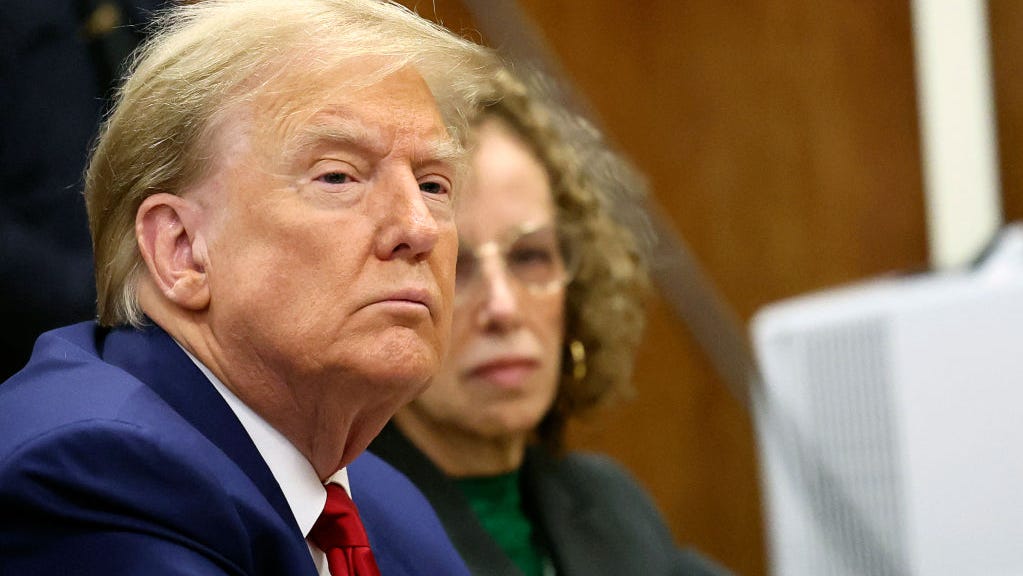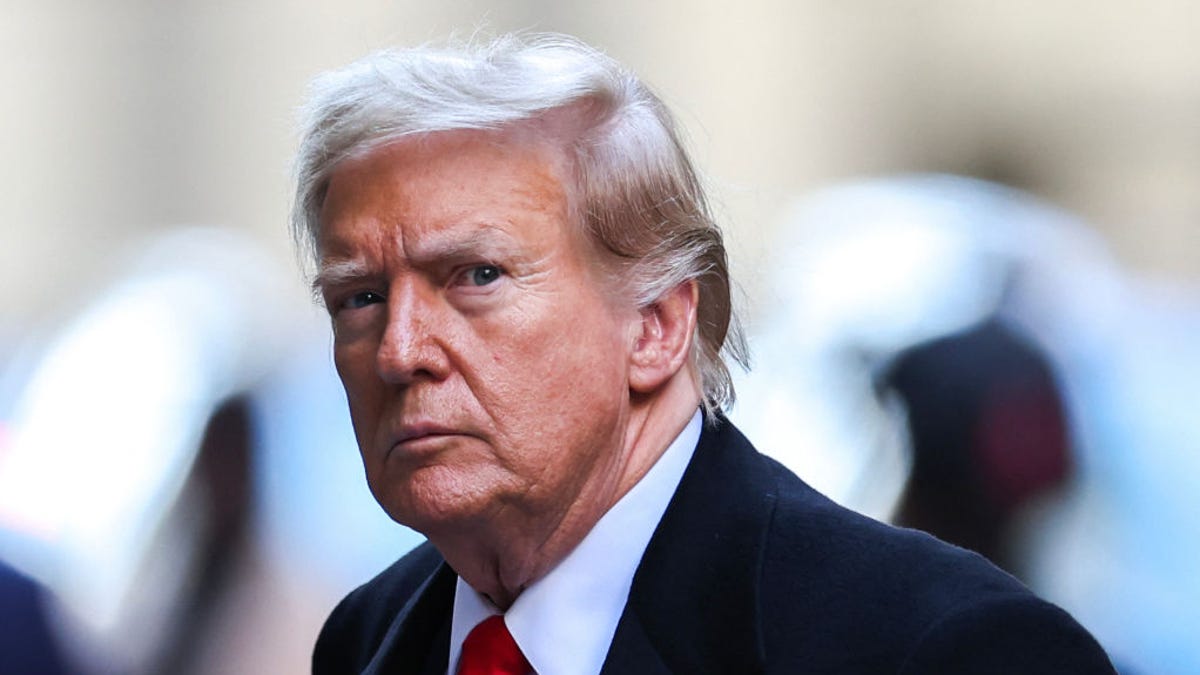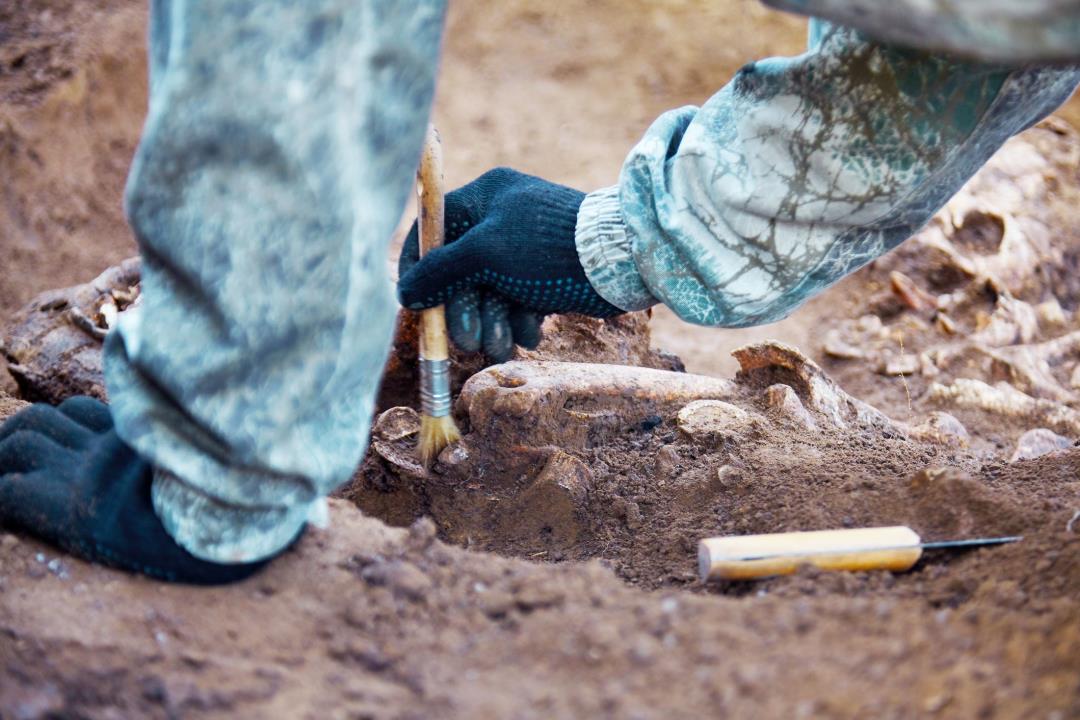
What to know about Donald Trump’s New York hush money case
Donald Trump faces a criminal trial over falsifying business records regarding payment to adult film star Stormy Daniels before the 2016 election.
A New York judge on Wednesday rejected former President Donald’s Trump’s plea to delay his upcoming criminal trial until after the Supreme Court rules on his broad claim of presidential immunity.
Trump raised the argument in a March legal filing, urging Judge Juan Merchan to delay the trial until after the Supreme Court has ruled on the scope of presidential immunity in a separate Trump case dealing with federal election interference charges.
But Merchan said Trump raised the argument too late. The trial is scheduled to begin on April 15 and Trump was charged with falsifying business records by Manhattan District Attorney Alvin Bragg on April 4, 2023 − over a year before.
“This Court finds that Defendant had myriad opportunities to raise the claim of presidential immunity well before March 7, 2024,” Merchan wrote in the Wednesday ruling.
That means Trump is on track to face his first criminal trial this month, even as he has so far been able to postpone or upend trial dates in other criminal cases.
In the federal election interference case, the Supreme Court agreed to consider to what extent former presidents are immune from criminal prosecution for acts during their presidency.
What is the case about?
The New York case centers on whether Trump criminally falsified business records in order to cover up a $130,000 hush money payment by Michael Cohen, Trump’s former lawyer, to adult film actress Stormy Daniels before the 2016 presidential election. In exchange for the cash, Daniels agreed to stay quiet.
To prosecutors, the timing was no coincidence: they say Trump was concerned that Daniels would hurt his campaign by going public about a sexual encounter she says the two had. Trump denies her claims.
Trump then reimbursed Cohen through monthly checks that were disguised as payments for 2017 legal services and documented in the form of false business records at the Trump Organization, according to prosecutors.
New York law hikes the falsification crime up to a felony when the purpose of the disguise was to commit or conceal another crime. Prosecutors say that applies to Trump because he violated federal election laws dealing with campaign contribution limits. They’ve noted that Cohen served prison time after pleading guilty to making an illegal campaign contribution through the payment. They also say Trump was trying to violate New York election and tax laws.
Why delay until after Supreme Court ruling?
Trump argued that the Supreme Court’s review of the scope of presidential immunity in his federal election interference case would reduce the risk of having to re-try the case because the New York court didn’t apply the immunity doctrine properly. The Supreme Court has scheduled oral arguments for April 25, and has discretion over when to issue a decision after that.
Trump separately called for excluding portions of evidence in the New York case based on the presidential immunity doctrine, such as social media posts about the payments to Cohen and Cohen’s willingness to help prosecutors. He said in a court filing that his Twitter account was a main White House vehicle for conducting official business, rendering the posts protected official acts.

Elaine Hadley is a dedicated journalist covering the ever-evolving landscape of U.S. news. With a keen interest in politics and a commitment to uncovering the truth, she provides insightful commentary and in-depth analysis on domestic issues. When not reporting, Elaine enjoys exploring the diverse cultures and landscapes of the United States.








:max_bytes(150000):strip_icc()/The-Best-Tea-for-Bloating-According-to-Dietitians-d9976f3ad6e44f88ae2efecd50b96fa9.jpg)